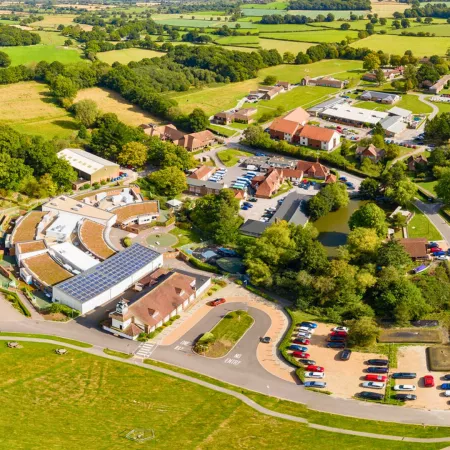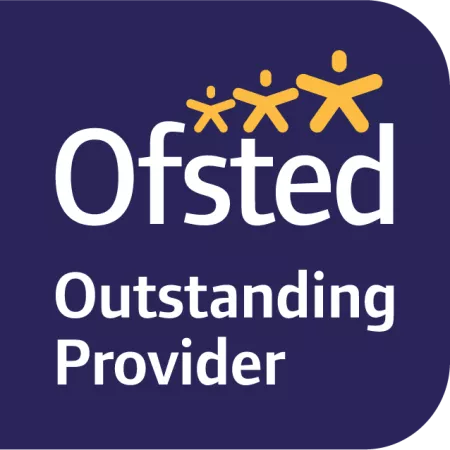This page outlines St Piers’ approach to the College curriculum for all the students we support.
To find out in more detail about Curriculum structure and learner journeys, you can download our College Curriculum Policy.
Our aim and objectives
Our aim is to ensure each young person at St Piers College believes in themselves and is empowered to succeed. Our objective is to encourage self-belief, empowering young people to:
- Achieve their aspirations in work, life and relationships.
- Be successful and valued members of the community.
- Recognise their rights and responsibilities and how to practice these in the community.
- Be confident to make informed, realistic choices and decisions throughout all areas of their lives.
- Be courageous and confident to take risks and explore new opportunities.
- Respect and show an appreciation for the enrichment of different cultures, religions, gender and disabilities, recognising the importance of equal opportunities for everyone.
- Understand the importance of, and following, their own beliefs and values, while respecting others.
- Take part in activities that will contribute to, and maintain, a healthy and positive lifestyle.
- Take responsibility for their physical and emotional wellbeing by participating positively in their local communities.
The four areas of our curriculum
We provide a broad and balanced curriculum that identifies and meets the needs of all by personalising our curriculum for each young person. The four areas of the College curriculum are:
- Employment
- Independent living
- Community inclusion
- Healthy living
Curriculum structure and learner journeys
Following a review, our curriculum structure is organised into three learner journeys:
Learning for Life
Learning for Life is a non-subject-specific curriculum for students with complex physical, medical and sensory needs.
It focuses on communication, independence, functional skills and social skills.
Skills for Life
Skills for life is a semi-formal curriculum for students with significant intellectual or cognitive impairments and communication and perception difficulties.
It focuses on learning essential skills for life while following a broad and varied learning curriculum.
Specialist Skills
Specialist Skills is subject-specific curriculum mainly for students who have difficulties with literacy and numeracy, and need to develop social skills.
It focuses on personalisation and students’ aspirations as they progress through the College.
Our three learner journeys are the foundation for teaching, learning and assessment. Learning for Life and Skills for Life are delivered in small groups with high levels of support; Specialist Skills follows a timetable, and is delivered in appropriately sized groups with the right amount of support. The subject areas for all three learner journeys are:
- Communication and language
- Cognition and learning
- World and creativity
- Health and wellbeing
- Physical and sensory
- Independence and community involvement (Skill for Life and Specialist Skills journey journeys only)
This section is an overview of Learner Journeys. To find out in more detail about all the areas covered on this page, you can download our College Curriculum Policy
A personalised approach
St Piers College prides itself on the personalised approach embraced throughout the College and the curriculum.
We create an inclusive environment where students can identify their strengths, potential and goals.
We craft personalised programmes using information from students’ initial and baseline assessments, attendance at taster sessions and a thorough understanding of the young person’s aspirations and interests.
Students are responsible for their learning. They set their own targets and use choice sheets to plan the subjects they would like to work on.
Relationships and sex education
The relationships and sex education curriculum is under constant review to plan programmes relevant to current events, modern media and technology, and developing trends.
We tailor relationships and sex education programmes to individual needs, and align them with principles of safeguarding.
This allows students to develop an awareness of themselves and others, and to learn how to form and maintain positive, healthy and safe relationships.
As trusted adults, students are empowered to report any worries or concerns.


